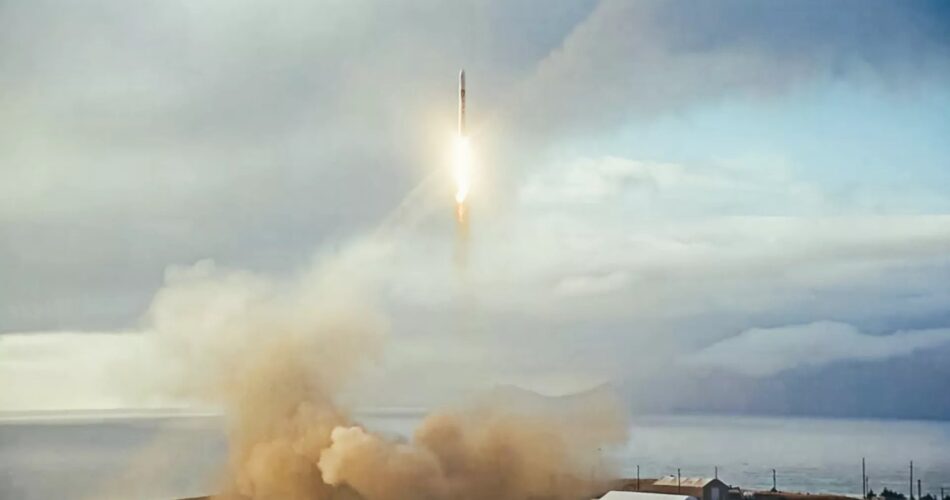ABL Space Systems, a US rocket startup, failed to launch its RS1 payload during the startup’s first-ever flight attempt this week.
The rocket’s nine engines suddenly sputtered and shut down moments after takeoff at 1827 EST (2327 UTC) on Tuesday, causing it to come crashing back down onto the launchpad at a facility in Kodiak, Alaska.
The vehicle was, unfortunately, destroyed upon impact as well as its cubesat payloads, the would-be rocketeering firm confirmed on Twitter. “This is not the outcome we were hoping for today, but one that we prepared for. We’ll revert with additional information when available. Thanks to all for the support,” it stated.
ABL is working with officials from the Pacific Spaceport Complex – Alaska (PSCA) and America’s Federal Aviation Administration to investigate what issues caused the rocket to fail. ABL’s president Dan Piemont told CNBC the vehicle had remained within the “acceptable flight corridor”.
Founded in 2017 and headquartered in El Segundo, California, the business is focused on building low-cost launch vehicles using 3D printing technology to serve the small satellite industry. Its 26.8-meter (88 feet) tall RS1 vehicle is a two-stage rocket capable of generating over 13,000 pounds of thrust in space. The rocket can send up to 1,350 kilograms (2976 pounds) of payloads into low-Earth orbit, with each launch costing an estimated $12 million.
“As expected in this scenario, there is damage to the launch facility. All personnel are safe, and fires have subsided. We’ll plan our return to flight after investigations are complete. Thanks to our stakeholders and the space community for the expressions of support,” it tweeted.
The number of rocket startups like ABL has ballooned as demand for satellite launch services grows. Space launches are extremely difficult – vehicles must successfully execute technical procedures in extreme and changing conditions. Tiny errors or mechanical mishaps can lead to disaster. Even the most experienced companies and space agencies experience failure.
On Monday, Virgin Orbit’s LauncherOne system failed to reach space and deliver nine satellites despite successfully pulling off four previous launch attempts. The livestream for the event from Cornwall, England, cut out and was replaced by a page showing a Chrome browser had run out of memory during the glitch.
ABL was valued at $2.4 billion after it received $200 million in its last round of investment funding.
The Register has approached ABL for comment. ®



